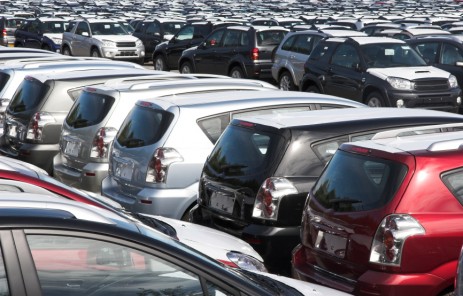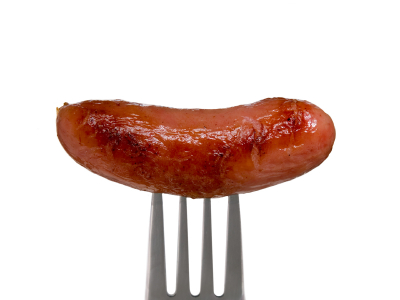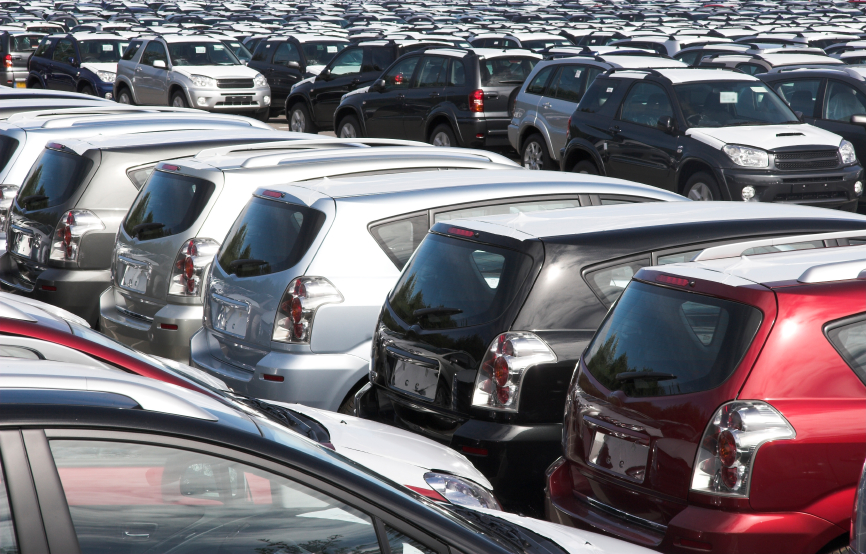 The Environmental Protection Agency announced on Tuesday that it will grant a waiver for California and 13 other states to set automobile emission standards that are higher than national ones — at least for the next two years.
The Environmental Protection Agency announced on Tuesday that it will grant a waiver for California and 13 other states to set automobile emission standards that are higher than national ones — at least for the next two years.
“The waiver affirms California’s authority to set the standards for the cleanest cars in the nation and recognizes the ability of forward-thinking states to continue to adopt them,” said California Air Resources Board Chair Mary Nichols in a statement celebrating the announcement.
The Bush administration denied California’s waiver request last year, but Obama directed the EPA to reconsider almost immediately after he took office.
The waiver lets California (and the other states that have chosen to follow its lead) move forward with its emission standards for the model years 2009 to 2016. But in practical terms, that won’t mean a lot, as the Obama administration recently announced a new national standard that mirrors California’s proposed standard. As part of the deal worked out by the Obama team, California agreed to abide by the new federal rules for model years 2012 to 2016, and automakers agreed to drop their lawsuits against the state. The new federal rules call for an average annual fuel-economy increase of 5 percent per year, bringing cars up to 39 miles per gallon and light trucks to 30 mpg by 2016.
An EPA official told reporters on Tuesday that the waiver will allow California to have its own program until 2012, when the national program kicks in. But given the tight time frame between now and the release of 2012 model-year cars, it’s unlikely the state will take action ahead of the national rules. Also, California probably won’t want to upset the hard-won deal reached with the Obama admin and automakers.
While the granting of the waiver isn’t expected to lead to emission reductions beyond those already queued up by the Obama team, it does restore the interpretation of the Clean Air Act that was in place until the Bush administration. The Clean Air Act allows California to petition the EPA for permission to set standards higher than federal ones. The state’s requests were traditionally granted — up until last year. Today’s move reaffirms California’s special consideration. It also opens the door for the state to set tougher standards for 2017 and beyond.
The Clean Air Act allows states to follow either national standards or California’s standards. Thirteen states have chosen to follow California: Arizona, Connecticut, Maine, Maryland, Massachusetts, New Jersey, New Mexico, New York, Oregon, Pennsylvania, Rhode Island, Vermont and Washington, as well as the District of Columbia.
“Congress recognized that California could serve as a pioneer and a laboratory for the nation in setting new motor vehicle emission standards,” EPA Administrator Lisa Jackson wrote in the decision. “Congress intentionally structured this waiver provision [in the Clean Air Act] to restrict and limit EPA’s ability to deny a waiver, and did this to ensure that California had broad discretion in selecting the means it determined best to protect the health and welfare of its citizens.”
California Gov. Arnold Schwarzenegger applauded the EPA’s decision. “After being asleep at the wheel for over two decades, the federal government has finally stepped up and granted California its nation-leading tailpipe emissions waiver,” he said in a statement. “This decision is a huge step for our emerging green economy that will create thousands of new jobs and bring Californians the cars they want while reducing greenhouse gas emissions.”



